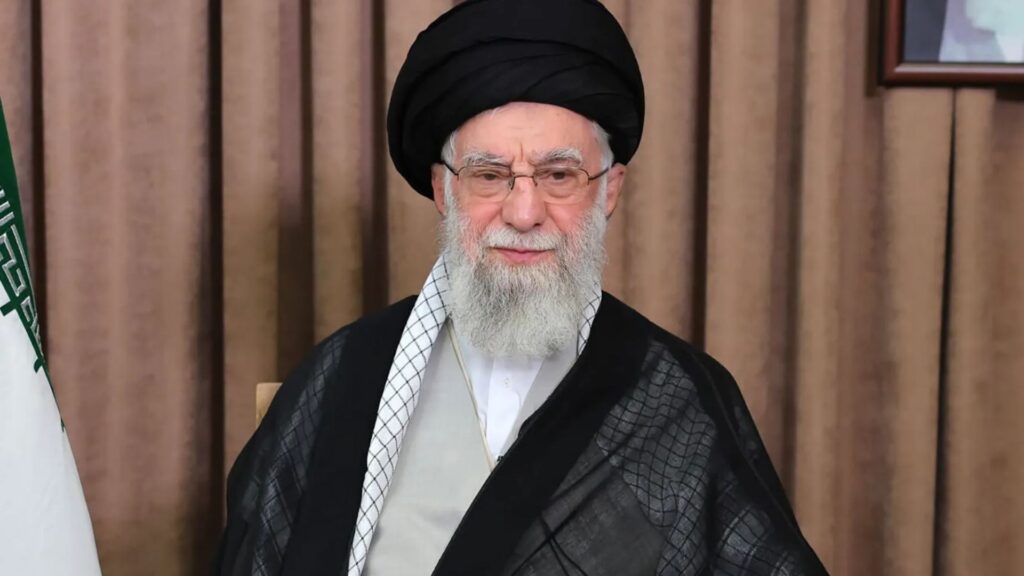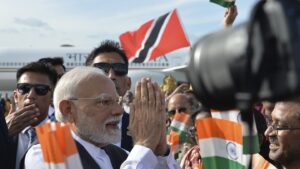
TEHRAN – In a severe crackdown following the recent 12-day conflict, Iran has executed three prisoners accused of espionage for Israel, marking a significant escalation in its internal security measures.
Immediate Impact of the Executions
The executions of Idris Ali, Azad Shojai, and Rasoul Ahmad Rasoul took place yesterday morning, as the Iranian government intensifies its response in the aftermath of the conflict. The three men were paraded on state television in blue prison uniforms after being convicted of espionage.
In a move that has drawn international attention, at least six men have been executed in the past ten days under the orders of Iran’s Supreme Leader Ayatollah Ali Khamenei. Additionally, more than 700 individuals have been arrested in connection with alleged espionage activities.
Key Details Emerge
Iran’s human rights chief, Mahmood Amiry Moghaddam, commented on the situation, stating, “After the ceasefire with Israel, the Islamic Republic needs more repression to cover up military failures, prevent protests, and ensure its continued survival.”
“Executions are the Islamic Republic’s most important tool for instilling societal fear, and in the coming days and weeks, hundreds, perhaps thousands, of prisoners might be at risk of execution.”
International Reactions and Concerns
The international community is closely monitoring the situation, particularly following the arrest of a British couple, Craig and Lindsay Foreman, on unspecified espionage charges. The couple has been imprisoned for nearly 150 days after being detained during a motorcycle trip across the globe.
Their son has expressed devastation over their arrest, highlighting the emotional toll on families affected by such detentions. Despite warnings from the Foreign Office, the Foremans entered Iran, leading to their current predicament.
Background Context
The Iranian government alleges that the couple was “posing as tourists” to gather intelligence against the nation. This accusation has strained diplomatic relations and raised concerns about the safety of foreign nationals traveling to Iran.
Since their arrest, the Foremans have had limited contact with their family and primarily communicated through the Foreign Office.
Regional Implications
The executions and arrests underscore the heightened security measures Iran is adopting in response to perceived threats. This development builds on a pattern of increased repression following military conflicts.
At least 700 individuals have been arrested on espionage charges, reflecting the scale of the crackdown.
What Comes Next
The timing of these executions is particularly significant as it coincides with ongoing tensions in the Middle East. Analysts suggest that Iran’s actions are aimed at consolidating power internally and deterring dissent.
As the international community continues to scrutinize Iran’s human rights record, the future of those detained remains uncertain. The situation calls for diplomatic engagement to address the humanitarian concerns arising from these actions.
Meanwhile, industry experts warn that the geopolitical landscape in the region may shift as nations react to Iran’s internal policies and their broader implications.
The unfolding events in Iran represent a critical juncture in regional politics, with potential ramifications for international relations and security dynamics.






